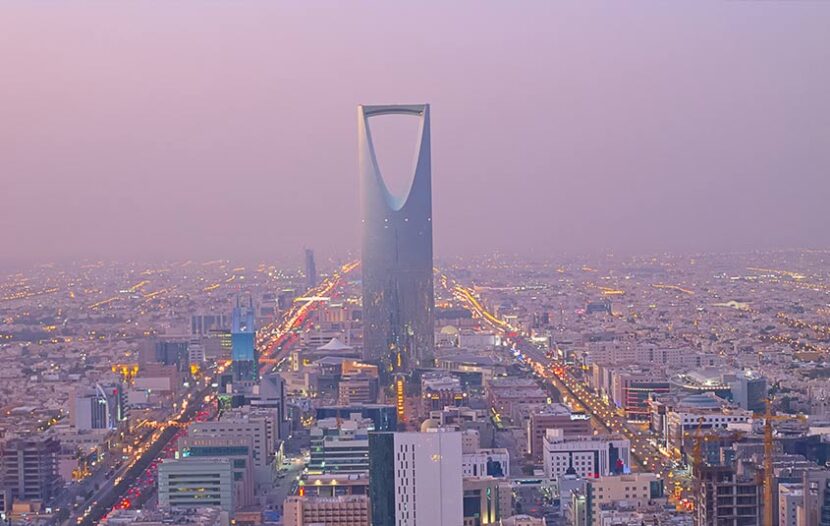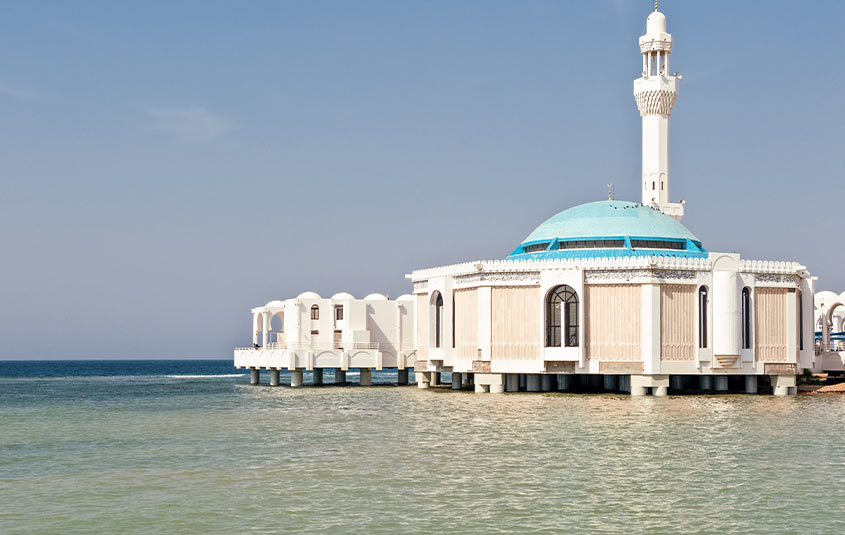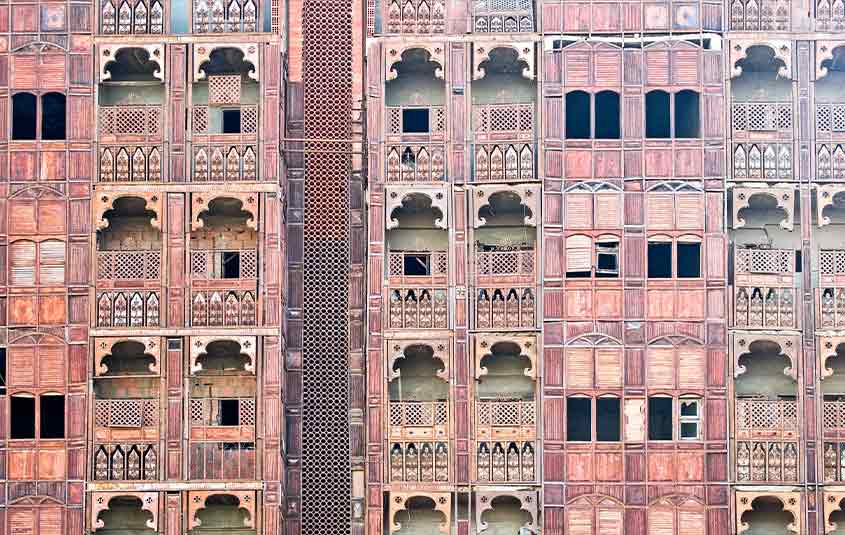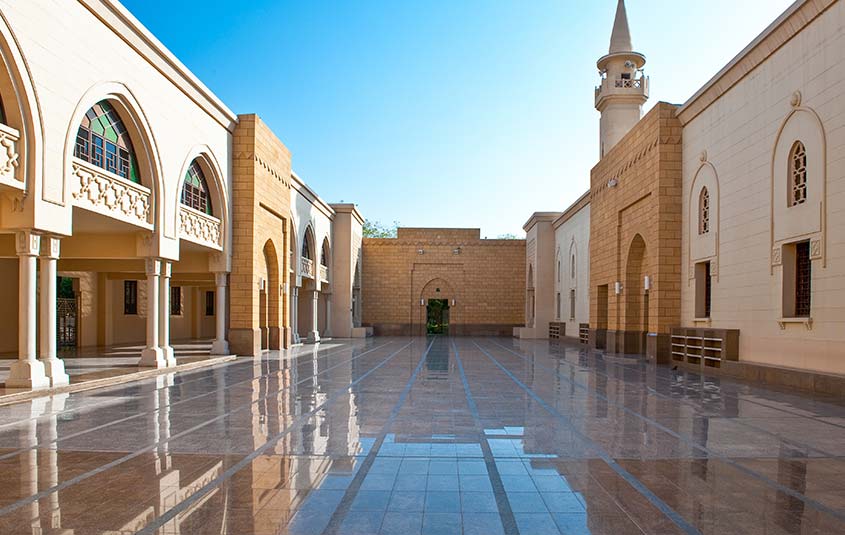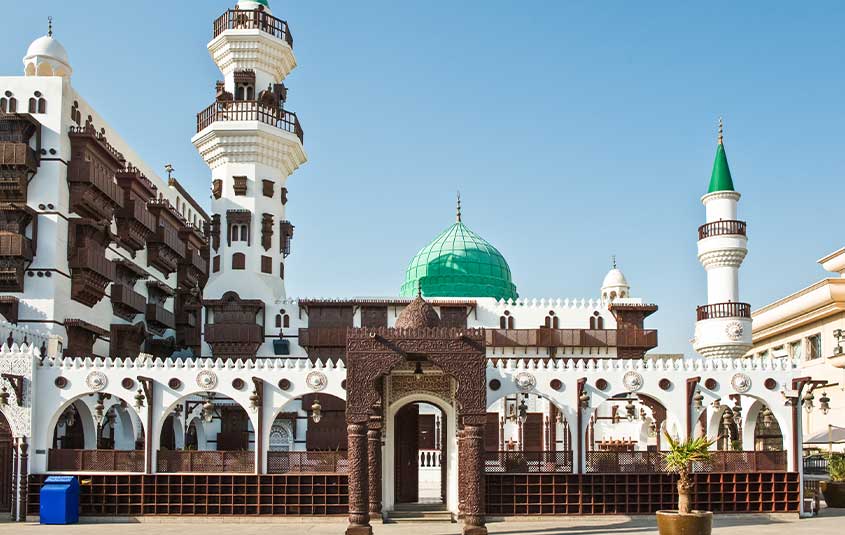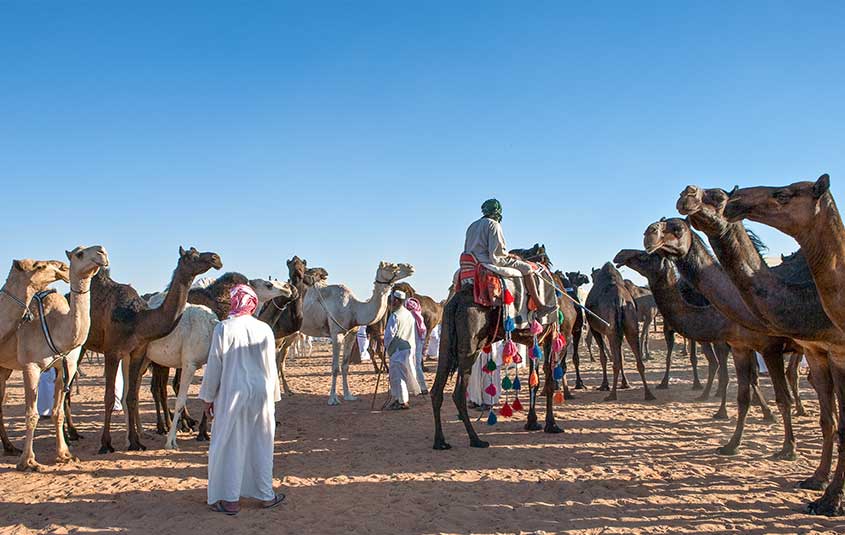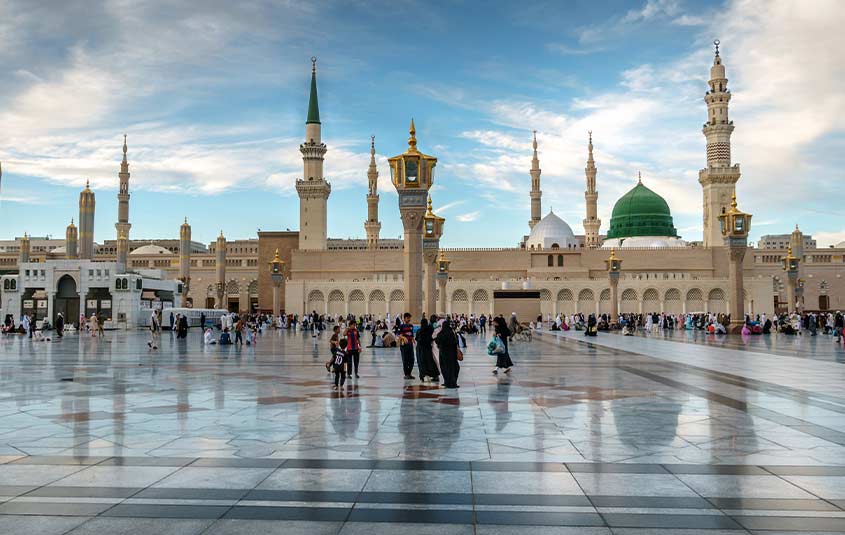RIYADH — Until very recently, tourism wasn’t really a thing in Saudi Arabia.
It was only in 2019 that the country started issuing a true tourism visa, for the first time inviting visitors to explore their country for non-religious purposes. Those who have arrived since have experienced a country very much in transition, with cultural norms evolving quickly, and a leadership determined to make tourism a primary industry in the Kingdom.
- Al-Rahmah Mosque, also known as the Floating Mosque,
- Houses of the historic Al-Balad district in Jeddah
They’ve put the bucks behind their sweeping public statements, committing $1 trillion in spending for tourism infrastructure over the next decade. They have plans to make Riyadh a major international flight hub, adding six runways to the airport. Money is pouring into developing ‘giga-projects,’ sites centred around major attractions that cost billions, each.
And on a recent visit, I saw that it’s more than talk – all over the KSA (Kingdom of Saudi Arabia), work is underway, with the big cities of Riyadh and Jeddah feeling like massive construction sites. New malls, hotels, restaurants and other amenities, opening every day.
This is a nation long closed, that is in the process of becoming. A visit here involves not just experiencing what’s open and available now, but envisioning what’s coming together for the near future. The ride can be both bumpy, and worthwhile. For those planning and booking trips to the KSA, here are a few important things to know.
You’ll hear a lot about Vision 2030
This is the main plan guiding the country into the future. Announced in 2016 with goals set for the year 2030, Vision 2030 aims to diversify KSA’s economy away from just oil, with investments in health, education, recreation and tourism. Part of this: improving the Kingdom’s image abroad, and the leadership has initiated a number of reforms and improvements on human rights as part of this vision (more on this below.)
The giga-projects
Around the country, planning and construction are underway on a number of projects so massive that ‘mega’ doesn’t quite capture it. ‘Giga-project’ has become a buzzword, and the size and scale of each one is actually astonishing.
On the outskirts of the capital, Riyadh, Diryah Gate is a $20 billion project that aims to eventually welcome 25 million tourists annually. It’s all built around the ruins at At-Turaif, a UNESCO World Heritage Site, an Emirate under the first Saudi dynasty. Around it, a whole world will rise, including 38 hotels (most of them in the luxury category) and more than 100 restaurants and cafes. The site itself, and some of the amenities, are already open.
And the one you’ll hear the most about in the coming months and years: Neom. Set in a desert region fringing the Red Sea, this will be both tourist attraction and a plan for a new kind of urban life. Some argue that the plans are maybe a little too lofty to be realistic. It already has its own airport with direct flights to Dubai and other regional destinations. The plans include the only ski resort on the Arabian peninsula, plus a resort island with three luxury hotels. And most noteworthy, The Line, a linear city that may someday house nine million residents.
Where to stay, and getting there
One of several new hotels that’s recently opened in Riyadh, I stayed at the Jareed. A small property set in the middle of a development called The Boulevard that includes restaurants, shops and even a food truck specializing in gourmet hamburgers, the rooms here are massive and luxurious.
As for flights, while you can’t fly directly from Canada to Riyadh or Jeddah, you can get there with one connection. Two popular options: fly via Frankfurt on Lufthansa, or via New York on Saudia, the national carrier.
- Murabba Palace, Riyadh
- Abdul Raouf Khalil Museum, Jeddah
No alcohol
This country has some of the strictest alcohol laws in the world. Unlike neighbours Dubai and Qatar, which allow drinks to be served in hotels and other controlled tourist environments, the booze ban here remains total. Don’t even ask about it. When I did, I was given a stiff, usually standard response: “Sir, we abide by the laws of this nation.”
If you see something that looks like a bar, don’t get too excited. Hotels and restaurants serve mocktails, complete with no-alcohol imitations of spirits like rum, whiskey and vodka, poured out of bottles made to look like the real thing. Don’t be fooled, and come prepared for a dry vacation.
It’s very conservative, but maybe not what you expect
When it comes to gender relations and women’s rights, this country remains one of the most conservative in the world. But things are changing, quickly. When I arrived, I expected to see rigid rules enforced to keep non-married men and women apart. But the guys who used to be employed for that task, the morality police, have been largely subdued and sidelined.
Under Vision 2030, women now have more rights – they can drive a car,
get passports and travel abroad without a male sponsor, and generally live more easily, independently. They’re employed in various workplaces – in fact, upon my arrival, all the border guards were female.
Vision 2030 calls for the workplace to be 30% women within a decade, but the news outlet France 24 recently reported that number is already 36%. Princess Haifa, a member of the Saudi royal family, is the assistant minister of tourism. She told the World Economic Forum in Davos that she foresees women in every job type, and that 42% of small to medium businesses in KSA are already women-owned.
- Souk Al Jamal, the camel market, Riyadh
- Al Masjid an Nabawi, Medina
Tim Johnson is a Toronto-based travel writer, and part of Travelweek’s freelance team. For more of Tim’s article on Saudi Arabia click here.
